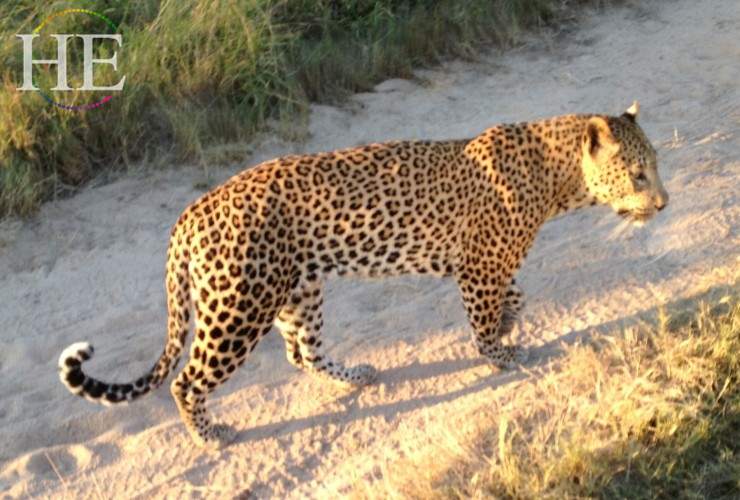
There’s something magical and mystical about a gay safari in Southern Africa. It offers one of those rare experiences where we humans are guests of nature, on their scale. The animals run free, following instincts honed by their species over the millennia. We humble visitors are dwarfed by the grandeur of the surroundings while in our protective vehicle or safari lodge. We can learn a lot about living in harmony with nature by observing the people whose ancestors have long co-existed with the animals.
Gay Safaris
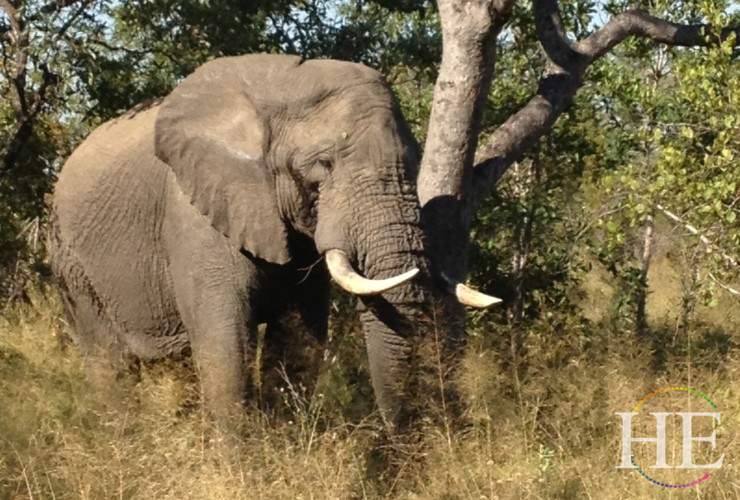
The original Swahili meaning of the word “safari” was simply “to take a journey.” Therefore, one can call any expedition into a wilderness area a safari. However, the term typically means visits to undisturbed locations in Africa teeming with wildlife.
A meaningful part of a safari is observing how the topography, climate, and plants and animals of a specific location create an ecological balance. Every safari is unique since no one will ever see that panoply of animals again.
HE Travel’s founder Hanns Ebensten grew up in southern Africa, so gay safaris have been part of our heritage for 5 decades. Over the years, we at HE Travel have developed a wide array of safari tours. Each showcases the undisturbed landscape of a unique region of southern Africa.
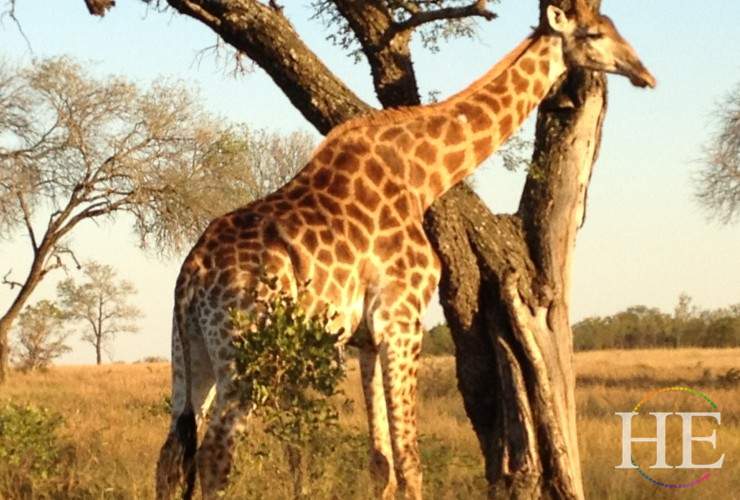
South African Gay Safaris
My first gay safari tour was to South Africa. The most iconic safaris are to South Africa’s Kruger National Park and to the private game reserves along its edges. These reserves pride themselves on being home to the “Big 5” large animals that capture the imagination of travelers: lions, leopards, elephants, rhinos, and Cape buffalo. Following the success of safari camps around Kruger, companies have built lodges and tented camps in several areas of South Africa. These include large farms with the fences removed to allow wildlife to return. South Africa also offers a chance to mix urban sophistication with wilderness experiences. For example, Cape Town prides itself on being the most dynamic city in Southern Africa.
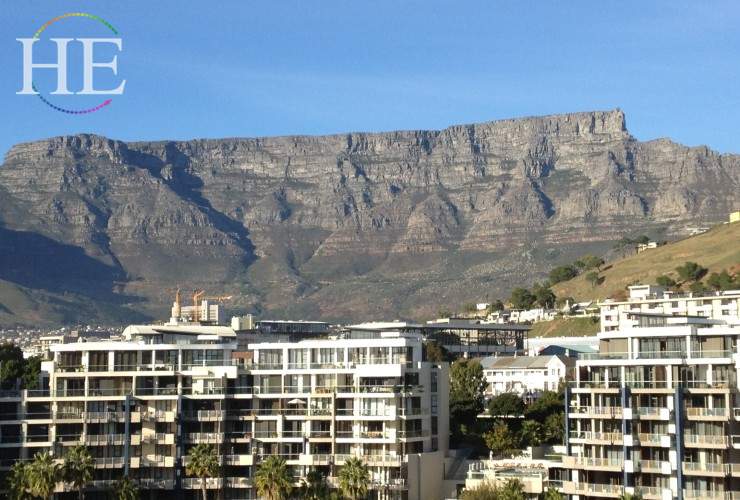
Botswana Gay Safaris
Botswana preserves a vast swath of the country for its wildlife. The most prominent natural feature of the country is the marshy Okavango Delta. Due to topography and high evaporation, the Okavango River system is an endorheic terminal basin. Like the Great Salt Lake and the Caspian Sea, there is no outlet to an ocean. There is a significant difference in the rainy and dry seasons’ water levels. Therefore, there are few permanent human settlements inside the Delta. This has protected one of the world’s largest concentrations of water-based animals such as hippos and crocodiles.

Namibia Gay Safaris
The landscape of Namibia is generally the opposite of Botswana. The Kalahari Desert comprises much of the country, with wildlife more spread out. The vast uninhabited desert landscapes provide homes and prey for a surprising variety of species. The country’s gem is the Arusha Pan, another terminal basin in northern Namibia. There are few fences, so the wildlife can roam freely. Some lodges even feature rooftop beds. From these beds, you can safely view the animals whose nocturnal paths bring them close. Namibia also features some of the tallest sand dunes in the world, which are beautiful when viewed from light aircraft.
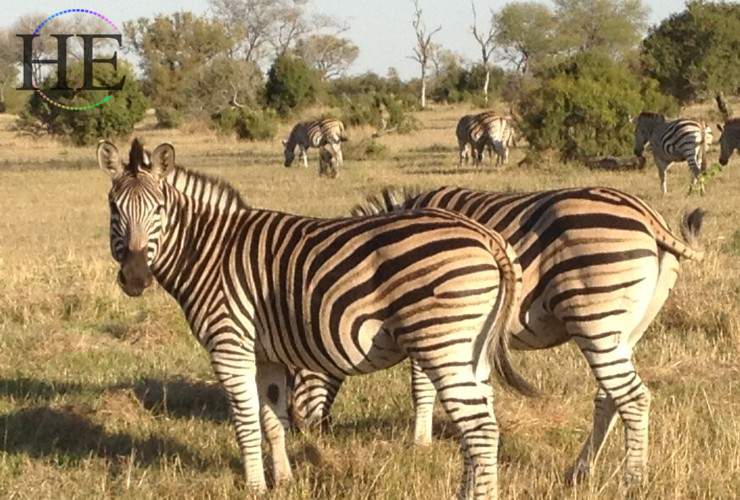
Zimbabwe Gay Safaris
Zimbabwe hosts multiple wildlife parks for safari experiences. The most accessible are the wildlife reserves near Victoria Falls, on the Zimbabwe-Zambia border. A visit to Victoria Falls meshes well with a safari stop at Botswana’s Chobe National Park, only two hours away.
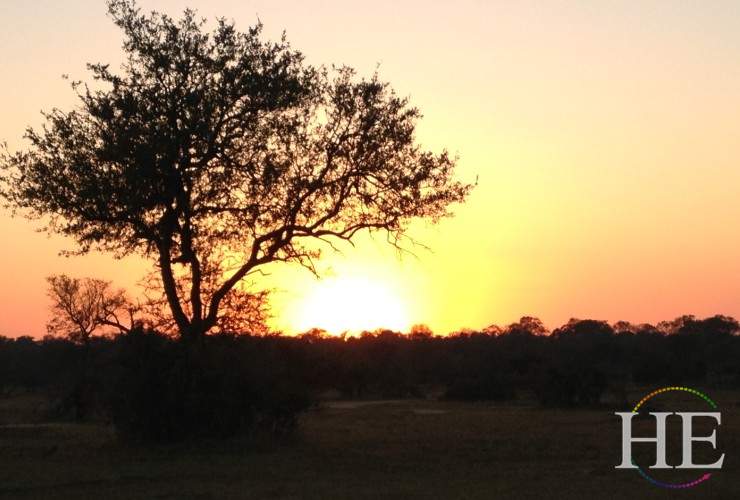
It is by no means a cliché to say that an African gay safari is the trip of a lifetime!
